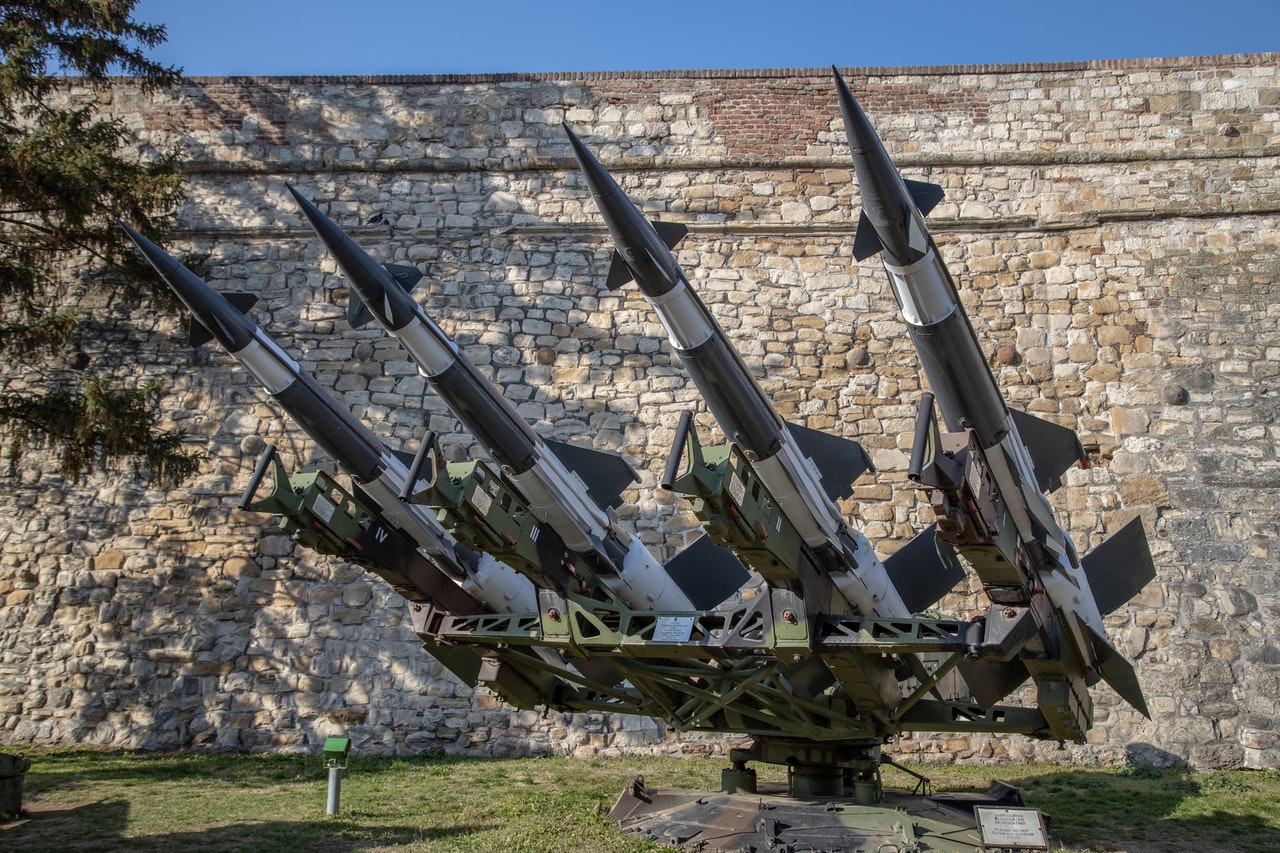ABU DHABI(Washington Insider Magazine) – After a series of strikes by Yemen’s Houthi rebels against the Gulf country, the US would assist in refilling the UAE’s missile interceptors, according to a top US general.
“We will help with replenishment of interceptors. And we’ll do everything we can to assist [the] UAE in defending themselves,” Frank McKenzie, the chief of the US Central Command, which covers the Middle East, said in an interview with the Reuters news agency following a visit to Abu Dhabi.
According to Reuters, the UAE has asked the US to refill its Patriot missile and THAAD defense systems, citing an unidentified source.
Mckenzie’s comments follow the Pentagon’s announcement that it will send a guided-missile destroyer and advanced fighter planes to the UAE in a “clear signal” of assistance for Abu Dhabi.
While increasing their strikes on Saudi Arabia, the Houthis have now begun directly attacking the UAE, a major regional partner.
Yemeni insurgents murdered three persons in Abu Dhabi on January 17 with a drone and missile strike. The Gulf country was then targeted by a series of similar strikes.
The US military reported late last month that it assisted in the downing of two Houthi missiles intended towards an airfield west of Abu Dhabi that houses American forces.
US National Security Adviser Jake Sullivan criticized a Houthi drone strike on the Saudi city of Abha on Thursday, calling it a “terrorist attack” and promising to work with partners to make the Yemeni rebels “accountable.”
According to the White House, President Joe Biden gave a similar message to Saudi Arabia’s King Salman bin Abdulaziz Al Saud during a phone conversation on Wednesday.
In 2015, a Saudi-led and US-backed alliance intervened in Yemen to fight back Yemeni rebels who had taken control of much of the nation, including the capital, Sanaa, and restore President Abd-Rabbu Mansour Hadi’s Gulf-backed government.
Yemen is on the cusp of famine as a result of the conflict, which has sparked the world’s worst humanitarian tragedy, according to the UN.
The rebels have been labeled as Iranian proxy by the Saudi-led coalition, something both Tehran and the Houthis dispute.
Last February, Biden said that US support for Saudi Arabia’s “offensive operations” in Yemen, as well as “relevant arms sales,” would come to a stop, but reiterated his support to the kingdom’s security.
Since then, Biden’s government has approved a $650 million sale of air-to-air ballistic missiles to Riyadh, and a $500 million helicopter maintenance contract, all of which have been criticized by human rights organizations.
In the wake of Houthi strikes, US officials have frequently emphasized the US commitment to the security of Gulf partners.
Pentagon spokesman John Kirby told Al Jazeera on Thursday that Washington is in “constant communication” with Gulf allies to ensure their defensive requirements are addressed.
Kirby accused Iran of supplying the Houthis with arms and training. The strikes on Saudi Arabia by Yemeni rebels were also labeled “Iranian-enabled” by the White House on Wednesday.


























